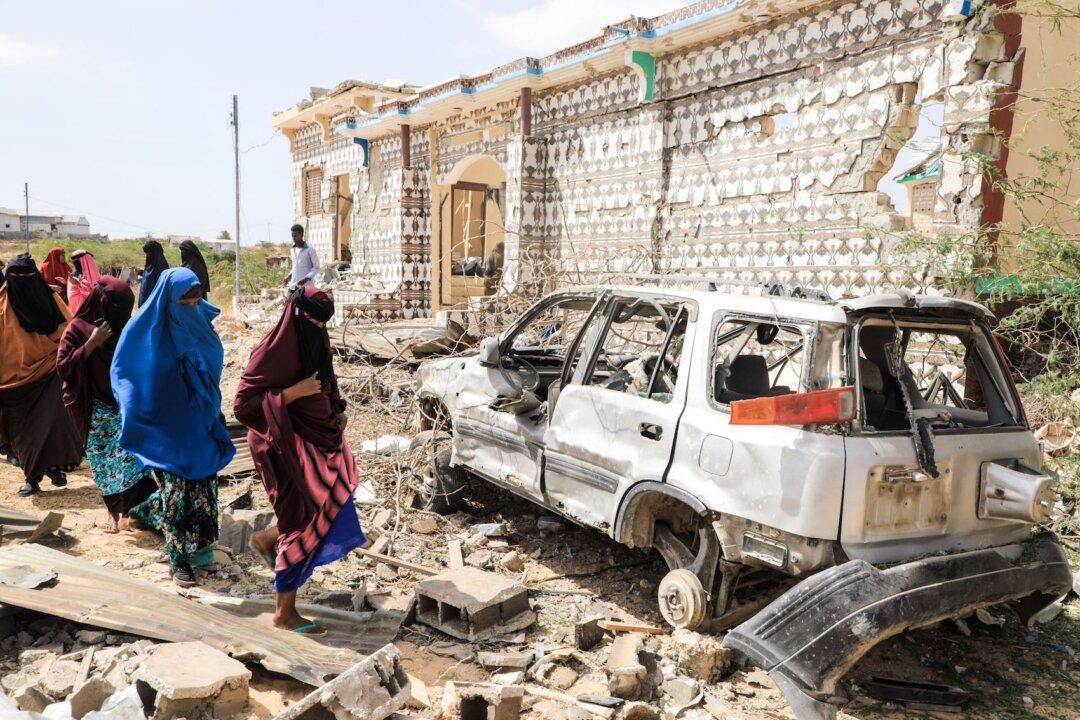Terror-related deaths in Africa reached a record high in 2023 on the back of the withdrawal of thousands of French troops from areas where groups affiliated with the terrorist group ISIS are embedded, according to new research.
The Center for Strategic Studies (CSS) at Fort McNair in Washington said that fatalities linked to militant Islamic violence increased by 20 percent last year, to 23,322 from 19,412 in 2022.





